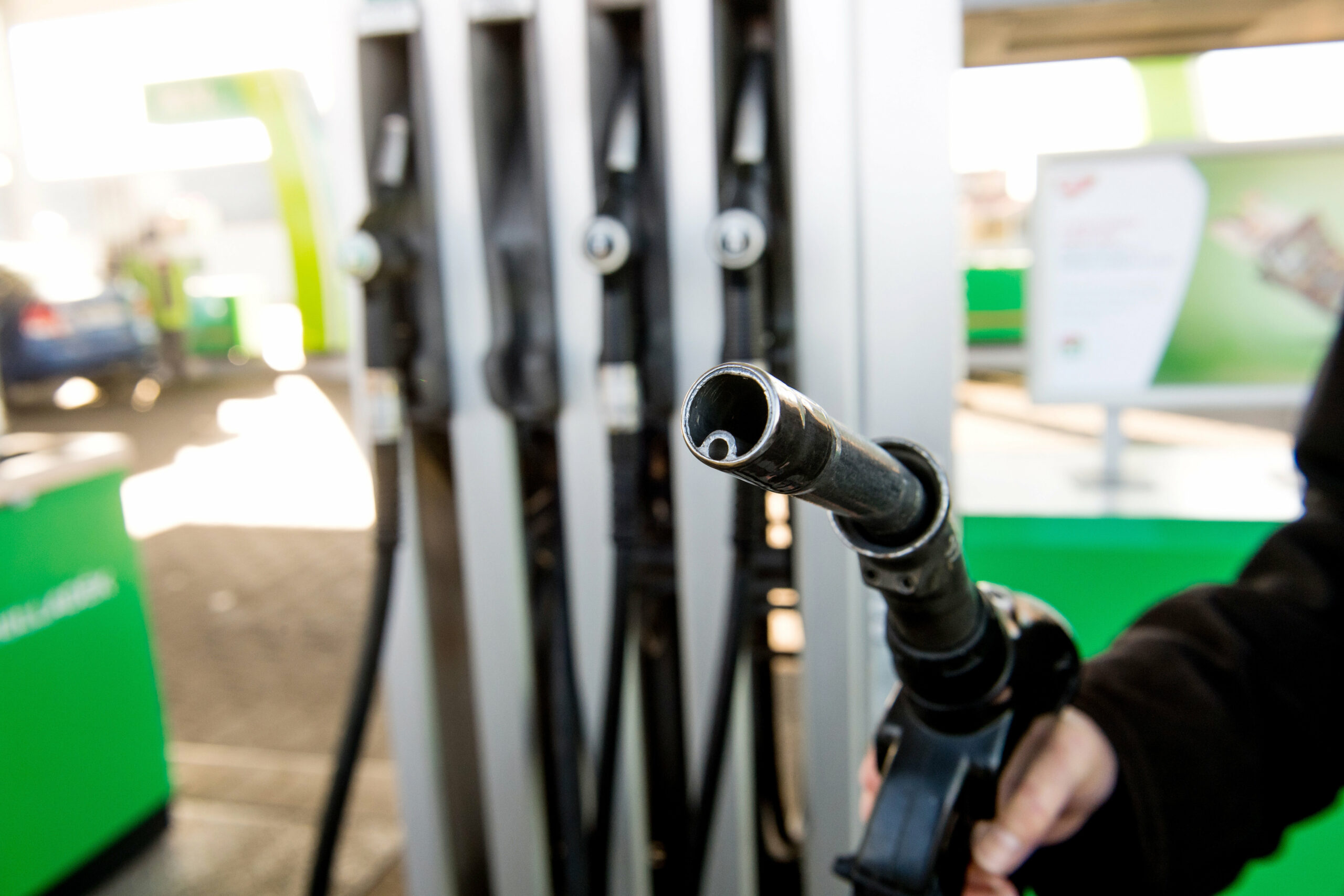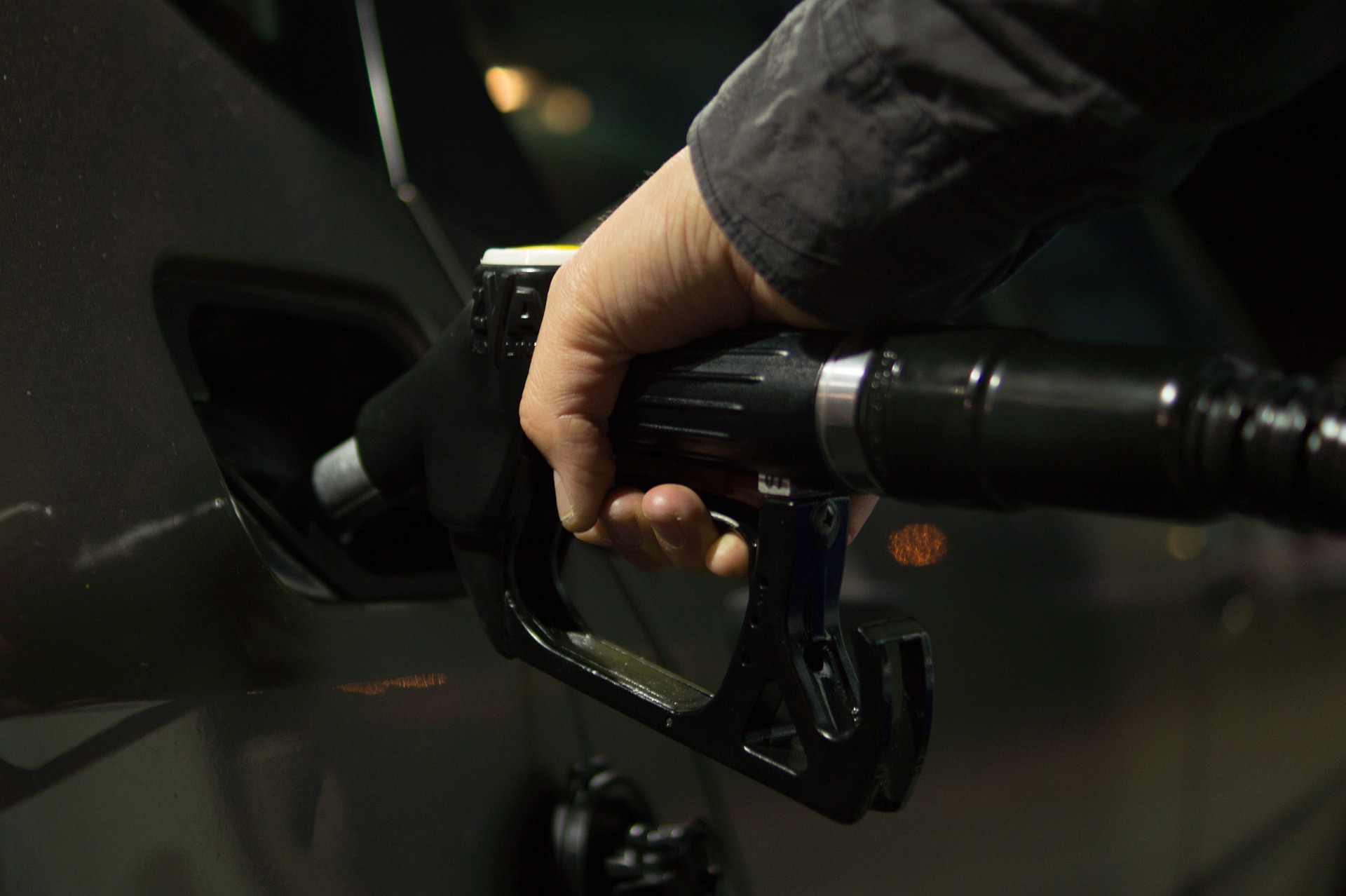
Gas stations must continue to sell fuel at a maximum price of 480 forints, while based on the wholesale prices, a consumer price between 520 and 550 forints would be justified.Continue reading

As many as one in two businesses in Hungary could close their gas stations after the government extended the gasoline price cap by three months to 480 forints per liter, government-critical RTL reports. According to the report, some gas stations are already limiting the amount of fuel with which a customer can fill their gas tanks. There are also places where only six people can fill up in one day. The Hungarian Petroleum Association would reduce the losses of domestic gas stations by lowering VAT or excise tax.
This article was originally published on our sister-site, Ungarn Heute.
“If oil prices continue to rise, every second operator could close their service station, hundreds of them could decide out of necessity that they cannot bear such losses for three months,” Holtankoljak.hu CEO Eszter Bujdos told RTL News.
Some are said to have already taken different “countermeasures:”
“We can serve a maximum of 10 liters of diesel per customer!,” reads the sign at a gas station in eastern Hungary. For each liter sold, the company faces a loss of more than eight forints. Another business owner told the TV station that he could lose one of his two wells because of the extension of the price cap. A third gas station has decided to sell a total of no more than 250 liters of fuel per day. So now only six cars can fill up per day.
According to the Hungarian Petroleum Association, three gas stations have had to close so far due to the price freeze, but the process is expected to continue and even accelerate, so mass closures can be expected.
The association would reduce the losses of domestic gas stations by lowering VAT or excise tax. According to the secretary-general of the organization, the frozen fuel prices could force more gas stations to close because they cannot pass on the rising purchase prices to retailers.
Ottó Grád told Inforadio that especially smaller rural gas stations have access to fuel under much less favorable conditions, i.e. at a higher price since the wholesale price is still regulated by the market.
This means that the delivered goods are more expensive than how much they can be sold for in retail stores.”
The Secretary-General also pointed out that there are three countries in the region where the state also regulates retail prices. In Croatia and Serbia, prices have been capped with virtually no change in conditions (similar to Hungary) while Poland has taken a different path: while the price was capped – at a much lower level – the general sales tax on fuel sales was significantly reduced.
Grád recalled that on November 15, 2021, when the measures were introduced and the government set the price at 480 forints per liter, the oil price was 80-82 dollars, while at the moment it is 96 dollars, which means that the price of the commodity has increased by more than 15 percent. Under these significantly worse market conditions, it is impossible to maintain fuel trade for months, he said.
Meanwhile, Népszava, which is also critical of the government, has learned that Androméda Kft. will close all three of its gas stations in Tolna County when its fuel supplies run low, leaving some 13,000 residents of Őcsény, Bogyiszló, and Szedres without fuel supplies, László Voll, the managing owner, told the newspaper.
Envirochem, the operator of the “ENVI filling stations” has issued a statement, pointing out that after one refueling (40 liters), they have almost no income left.
The gas station is left with a gross price of only HUF 25.20 per 40 liters.
The state is said to have already prepared for a large number of gas stations to temporarily cease operations – at least that’s what the menu item “Information on Reporting the Closure of Gas Stations” on the home page of the National Tax and Customs Administration (NAV) website, which was just posted Monday afternoon, suggests.
Sources: Népszava, Telex, Inforadio
Featured image: illustration via Pixabay